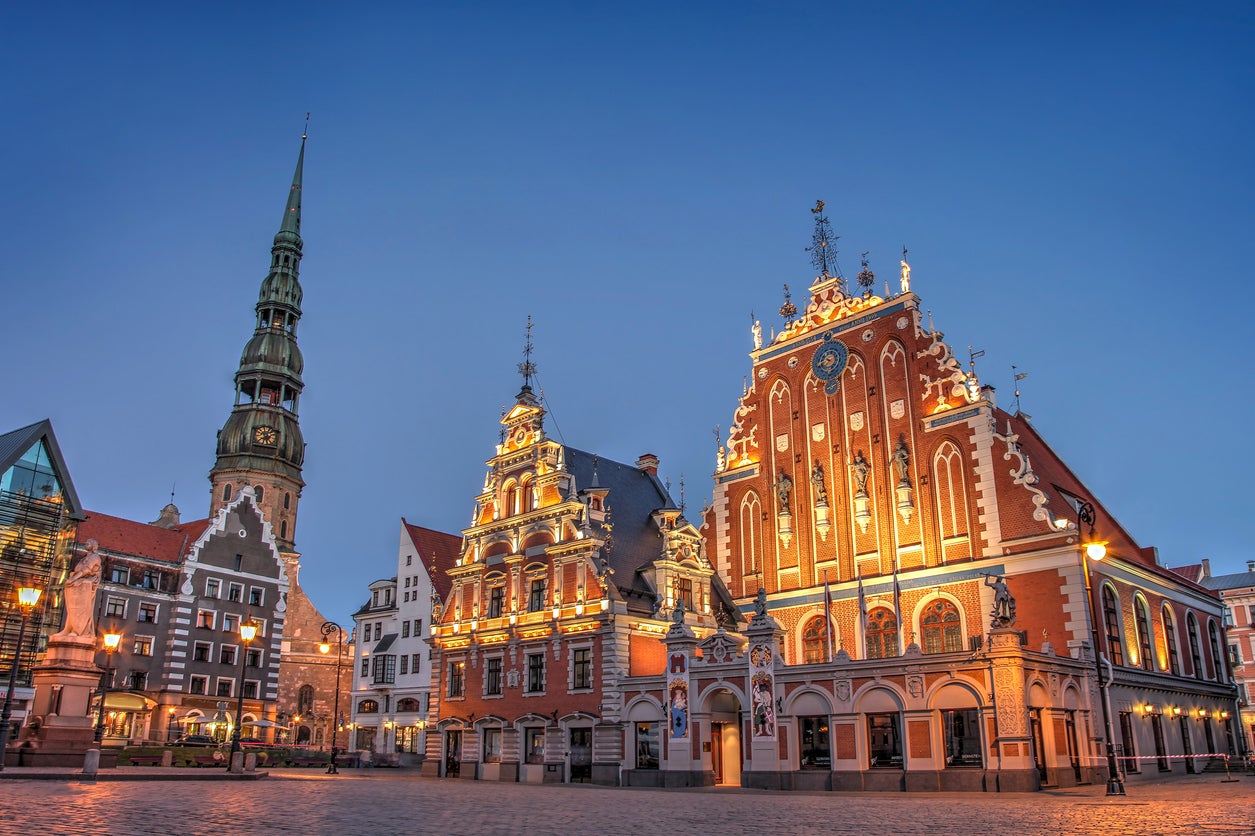Coronavirus: Estonia, Latvia and Lithuania to establish Baltic ‘travel bubble’ as restrictions eased
Baltic states agreed each ‘had successfully managed the spread of Covid-19 and trust each other’s health care systems’

Your support helps us to tell the story
From reproductive rights to climate change to Big Tech, The Independent is on the ground when the story is developing. Whether it's investigating the financials of Elon Musk's pro-Trump PAC or producing our latest documentary, 'The A Word', which shines a light on the American women fighting for reproductive rights, we know how important it is to parse out the facts from the messaging.
At such a critical moment in US history, we need reporters on the ground. Your donation allows us to keep sending journalists to speak to both sides of the story.
The Independent is trusted by Americans across the entire political spectrum. And unlike many other quality news outlets, we choose not to lock Americans out of our reporting and analysis with paywalls. We believe quality journalism should be available to everyone, paid for by those who can afford it.
Your support makes all the difference.Seventy-five years after Winston Churchill first used the term “Iron Curtain,” three Baltic nations are about to created a “travel bubble” that will exclude outsiders while the coronavirus pandemic evolves.
The prime ministers of Estonia, Latvia and Lithuania have agreed to open their borders to each others’ citizens from 15 May.
Travellers from the three former Soviet republics will be able to travel freely – but a Baltic barrier will block tourists from the neighbouring nations of Russia, Belarus and Poland, as well as travellers by air and sea from elsewhere.
The Estonian prime minister, Jüri Ratas, tweeted: “It’s a big step towards life as normal”.
In a video call, he agreed with his counterparts in Latvia and Lithuania “on opening internal borders between Estonia-Latvia and Latvia-Lithuania to the people of Baltic States from 15 May”.
At present, only Estonian nationals, residents and foreign citizens with family members are able to enter the country – with two weeks’ of mandatory self-quarantine. The other two republics have similar rules.
In Latvia, which has a population of almost 2 million, 18 people have died from Covid-19. The death rate in the UK is 45 times higher.
The Baltic states have concluded that each “had successfully managed the spread of Covid-19 and trust each other’s health care systems,” according to the Lithuanian government.
Anyone arriving from outside the bloc will be required to spend 14 days in quarantine.
The Lithuanian prime minister, Saulius Skvernelis, said: “We will keep to this principle when dealing with countries where the situation is very bad, which did not take measures to control the virus spread.”
Neil Taylor, author of Estonia A Modern History and the Bradt Guide to Estonia, said: “I had hoped to see my Estonian wife again on 23 May, my birthday, and to have dinner in one of the restaurants that are now reopening in Tallinn.
“Although flights by Air Baltic, the Latvian airline, will be restored next week, it does not seem that my plan will be realised.
“Commercially they need to open the borders much wider as tourists from Finland, Sweden and Poland are the ones that immediately could and would contribute to the tourism economy.
“Russia is obviously a no-no for quite a while yet.”
Join our commenting forum
Join thought-provoking conversations, follow other Independent readers and see their replies
Comments